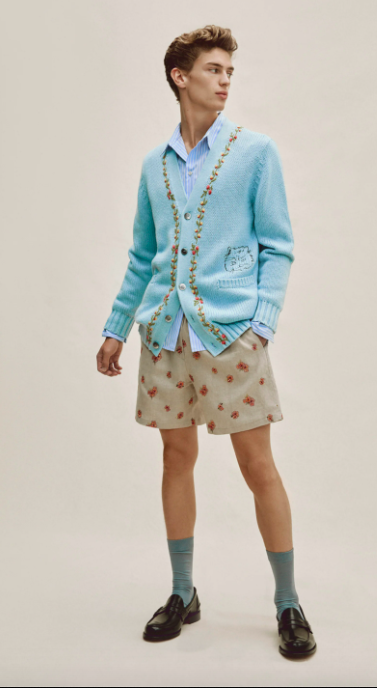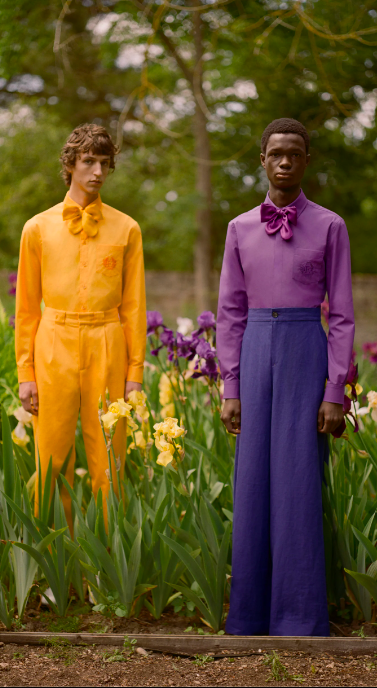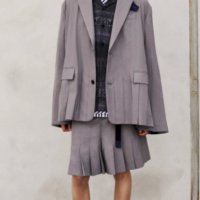July 28th 2022 – By Promostyl
THE DELICATE CONSERVATIVE MAN: RECONCILE TRADITION AND GENDER FREEDOM
Over the past 4 to 5 years, a clear evolution has been observed in the notion of masculinity. “Be a man” clearly doesn’t mean what it did ten years ago, and while it was very easy to take on for the eccentric consumers, it has been a little more tricky for the traditional one.
Tricky, sure, but not impossible ! The luxury delicate man believes in his freedom to express his gentle and “feminine” side but needs to do this on his own terms.
After all, this specific consumer sometimes comes from an important background and therefore has to take his family’s heritage or reputation into account when it comes to how he presents himself.
In addition to that, there’s also the question of personal style. While we have witnessed a gigantic burst of creativity in the fashion industry, some consumers still very much enjoy dressing in a bit more conventional manner in terms of shapes of their garments.
Fortunately, brands are very much aware of this shift in the consumers and has plenty of options for him !
We suddenly see notoriously traditional classic brands greatly adapt to match the needs of these new generation. They keep the very basic designs but update their colour ranger, styling and prints. For the most daring, a skirt or two can even be found but still very reminiscent of tradition with pleated or simply very long straight cut skirts. Even the casting of models for campaigns seems voluntarily made of androgynous looking young men, put in traditional settings !
In addition to established brands, younger more recent ones seem to have understand the shift in the consummer too and even use it as a basis for their brand’s DNA like Carlota Barrera, seen below. They get their time in the spotlight by giving a voice to this young traditional young generation.
In this era of constant search for inclusivity and understanding of all regardless of their identity, heritage and background while giving voice to the marginalised is absolutely important, the privileged are still worthy of spaces and elements to feel understood too, and adapting collections to their needs fits into this narrative.






